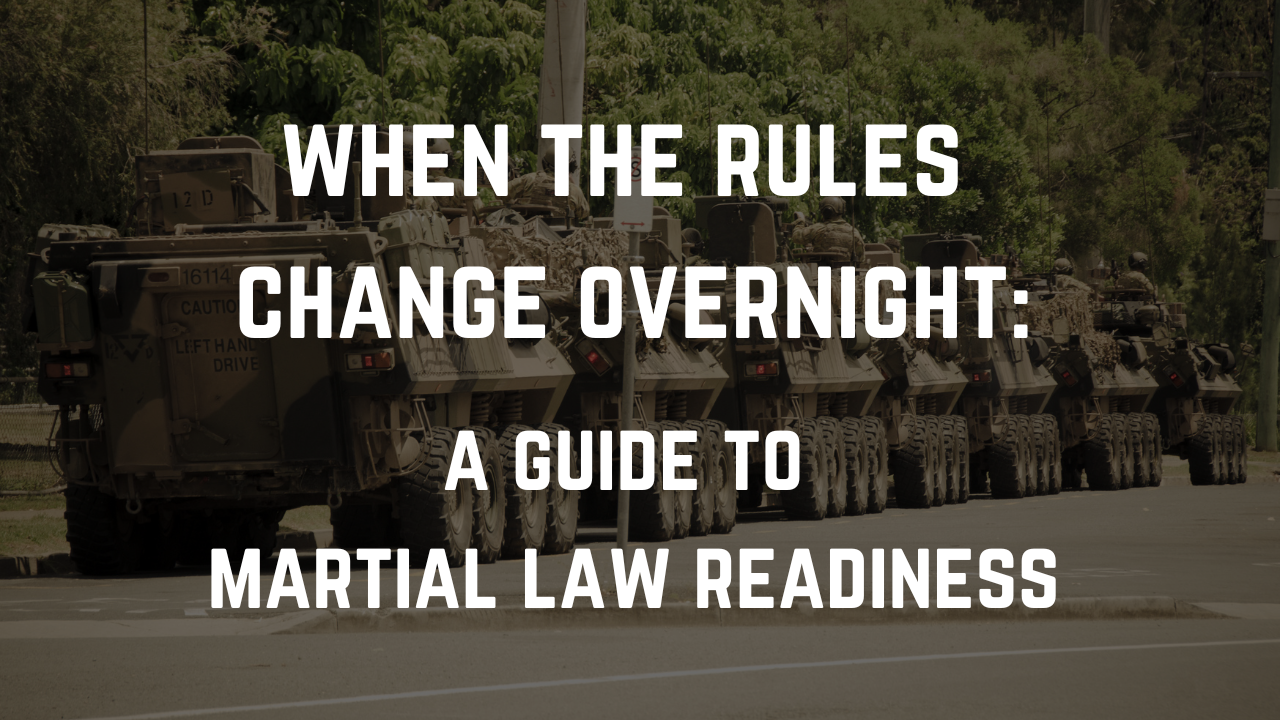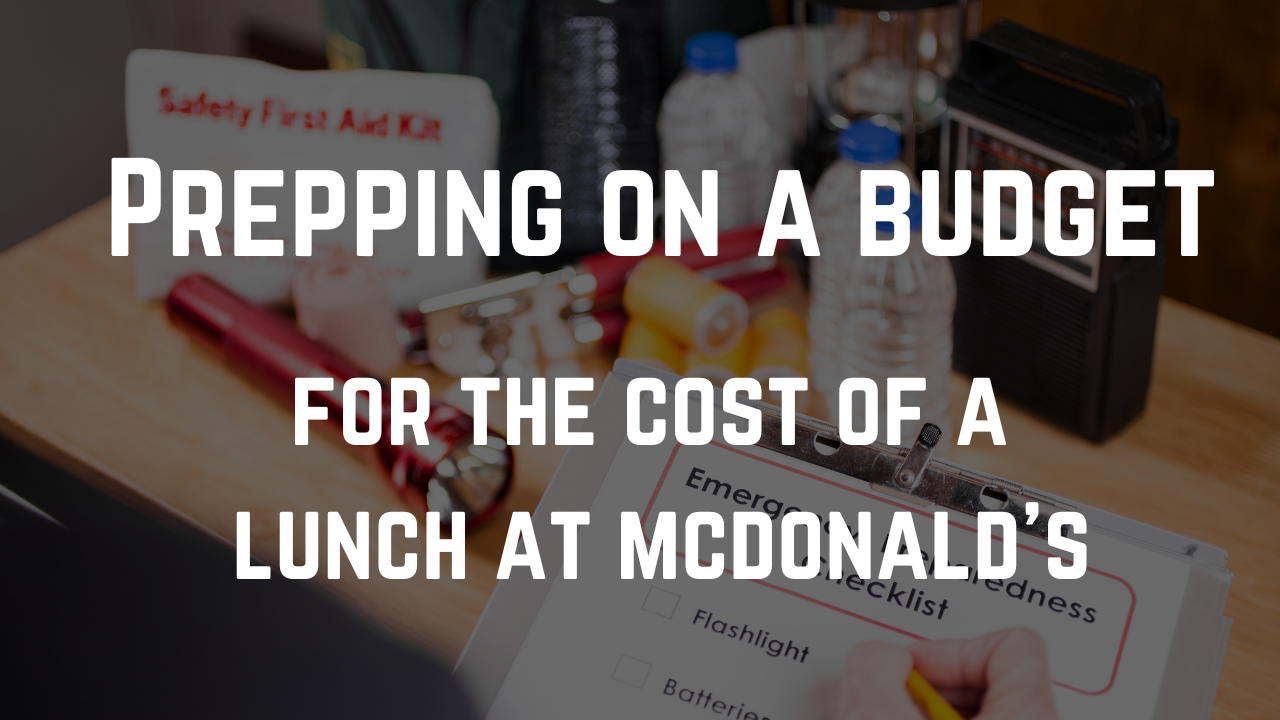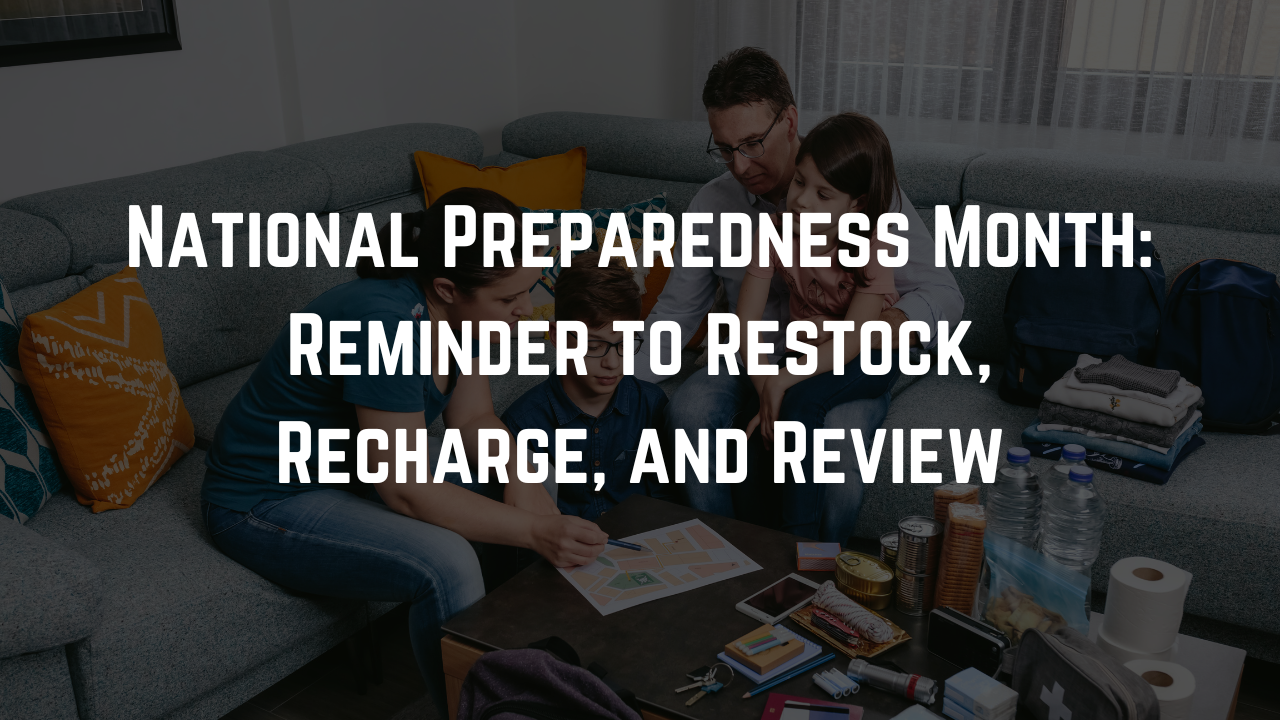
“I’ll just go off-grid and survive alone.”
That’s the fantasy, right? The rugged individualist, who is fully stocked and skilled in every survival art, disappearing into the wilderness when disaster hits. No one to depend on. No one slowing them down. Just grit, gear, and glory.
It sounds tough. It sounds cool.
But it’s a myth — and a dangerous one.
The Problem with the Lone Wolf Mentality
Surviving alone during a true emergency isn’t just difficult — it’s overwhelmingly unrealistic. Real-world disasters don’t follow movie scripts. They involve:
- Widespread power outages
- Disrupted supply chains
- Medical emergencies
- Emotional trauma
- Infrastructure breakdown
Managing all of that solo means you need to be your own doctor, mechanic, security team, engineer, and therapist. You can have all the gear in the world, but without backup, you’re one bad injury or missed detail away from catastrophe.
So You Think You’ll Just Grab a Gun and Take What You Need?
Let’s talk about one of the ugliest—and most dangerous—assumptions in the survivalist mindset:
“I don’t need to prep. I’ll just grab a gun and take what I need when things go bad.”
It’s a fantasy wrapped in bravado.
But here’s a scenario that brings it crashing down:
The Harsh Reality Check
You waited too long. The power’s been out for days. Stores are empty. Your family’s hungry. You’re tired, scared, and desperate. You grab a weapon and find a nearby home that still has lights. Someone inside clearly prepared.
You kick in the door.
It doesn’t go smoothly.
In the chaos, your shoulder gets dislocated. You’re in excruciating pain—but hey, you made it in.
You shoot.
The threat is gone.
But the person you just killed?
Was a doctor.
You’re bleeding. Your shoulder is useless. You don’t know what’s infected or safe to eat. You’re alone. And you just eliminated the one person in your neighborhood who could’ve helped everyone—including you.
That “plan” you had to take what you needed?
It just made things worse for everyone involved. Including yourself.
What That Mentality Misses Entirely
- Community > Conflict: In real disasters, survivors are those who collaborate, not conquer.
- Skills > Stuff: A gun can’t fix a broken water system. A plumber can.
- Consequences Matter: Violence isn’t just wrong—it’s inefficient, risky, and almost always escalates into worse outcomes.
Why Community Resilience Works
When emergencies strike, it’s not the loners who recover fastest — it’s the groups. Whether it’s your neighborhood, a family network, or an organized team like CERT (Community Emergency Response Team), collaboration increases your odds of surviving and thriving.
Here’s why:
- Shared Skills: One person might be a nurse. Another has construction experience. Someone else can fix radios or translate languages.
- Pooled Resources: You don’t all need to stock everything — you share tools, knowledge, and manpower.
- Emotional Support: Disasters take a psychological toll. Community offers encouragement and accountability.
- Faster Recovery: Communities can clean up, rebuild, and get help faster than individuals ever could alone.
Prepping isn’t about going it alone — it’s about being ready together.
Lone Wolf or Last to Survive?
The “lone wolf” prepper isn’t just a trope — it’s a trap.
True preparedness doesn’t mean isolating yourself. It means building a safety net that includes you and those around you.
It’s not about bunkers.
It’s not about hoarding.
It’s not about solo survival. It’s about shared strength.


